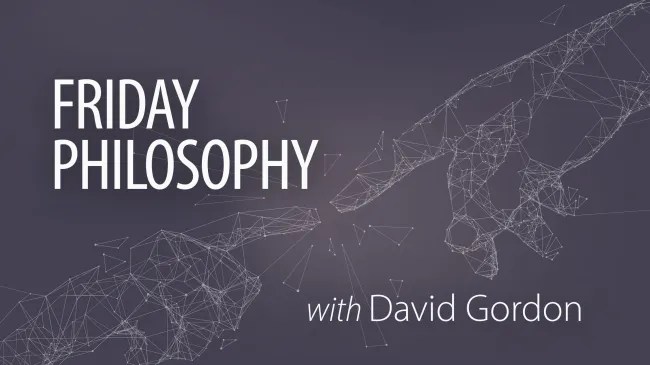

Help Us Publish These Three New Books

Low Time Preference Leads to Civilization

Opposing Military Intervention: Loving Dictators or Hating War?

What Is the Purpose of Economic Theory?

Javier Milei vs. the Status Quo

Why the West Is Giving Up on Individual Rights

The Great Chocolate Crisis
In this week's episode, Mark examines the Chocolate Crisis of 2024.

Did the MMT Camp Correctly Predict the Post-Covid Economy?
Did Stephanie Kelton correctly predict that government debt would be benign back in May of 2020? Bob and guest Jonathan Newman discuss.

Abolish the CIA and FBI
Ryan and Tho discuss Tucker Carlson's recent interview with Joe Rogan, and why he's right about America's dangerous "security" agencies.

FDR’s War Against Civil Liberties
Historian David Beito joins Bob to discuss issues such as the Japanese concentration camps and the government's mass surveillance of telegrams.
Research Fellowships at the Mises Institute in Auburn, Alabama, are available to graduate students and post-docs interested in scientific research in the Austrian school and libertarian political economy.
Join us in Auburn in 2024 for an event celebrating 75 years of Human Action.
Students apply now for the summer term Mises Book Club, beginning June 2024.
2024 marks the 25th anniversary of the Rothbard Graduate Seminar, which provides an intense study of Misesian and Rothbardian economic analysis, along with the substantive conclusions of that research in related fields.










